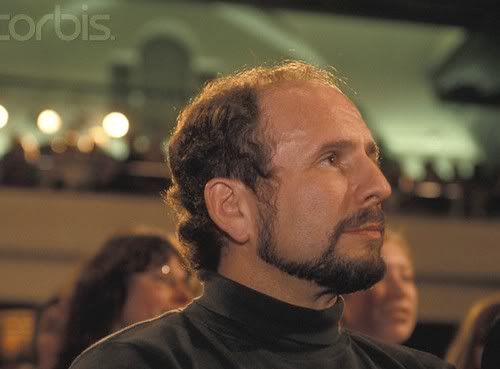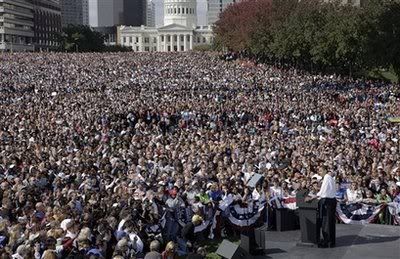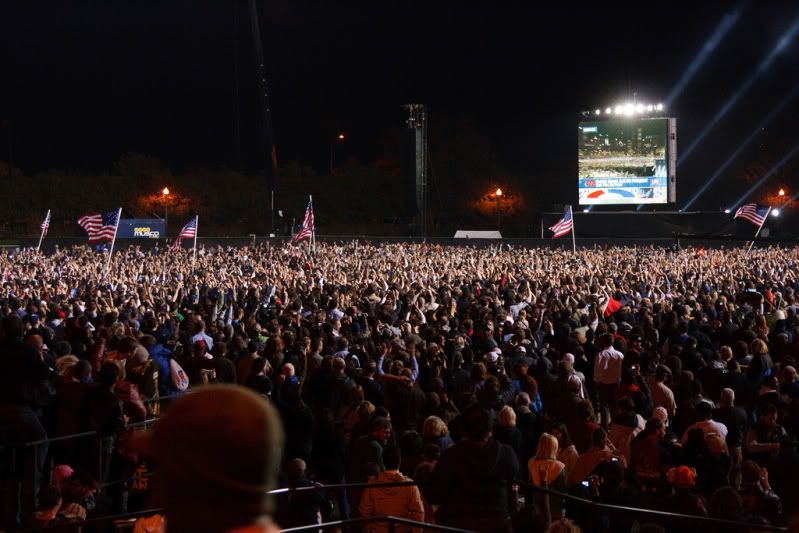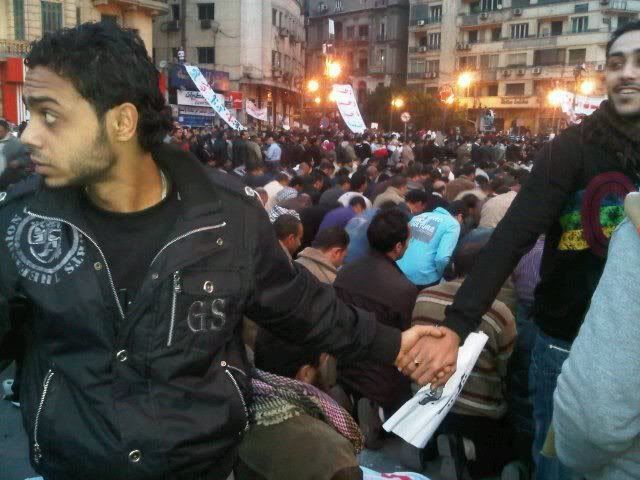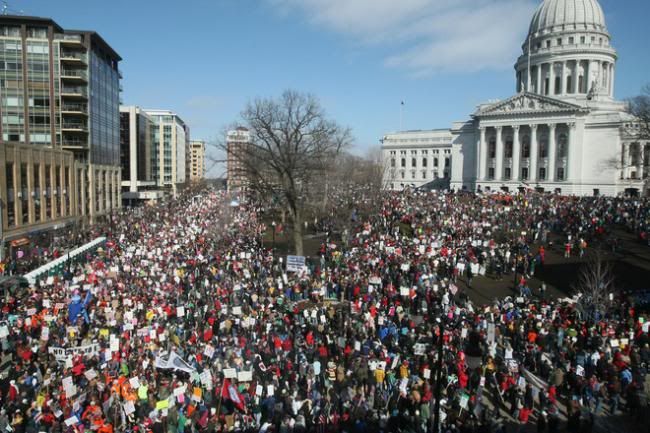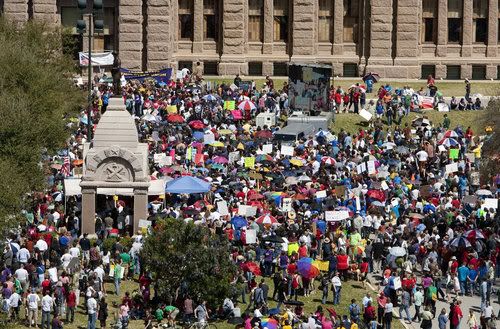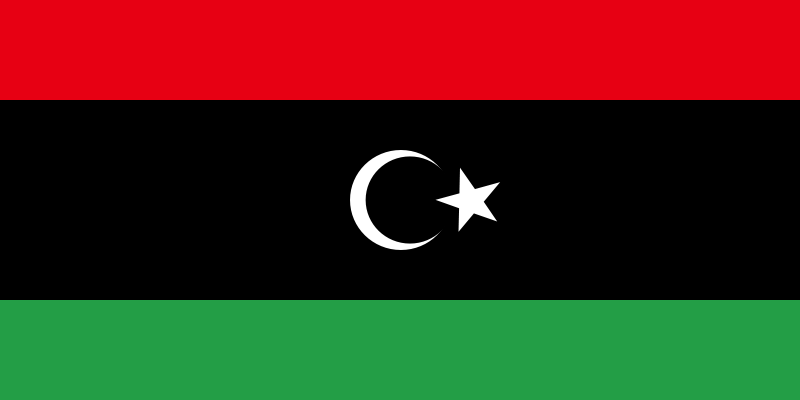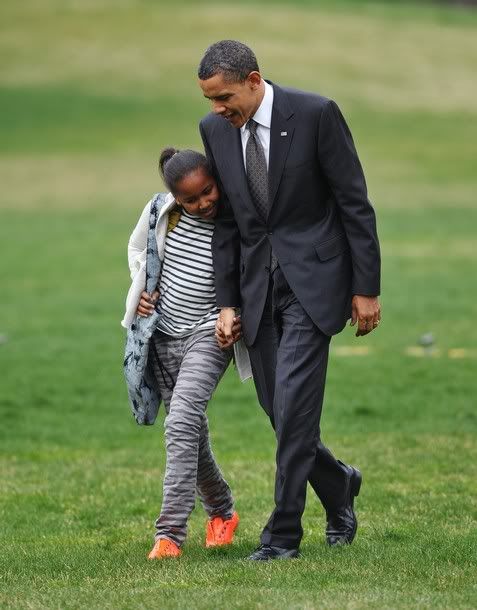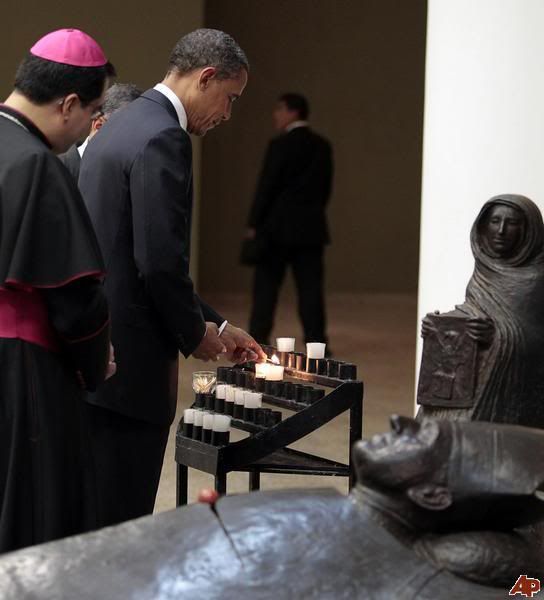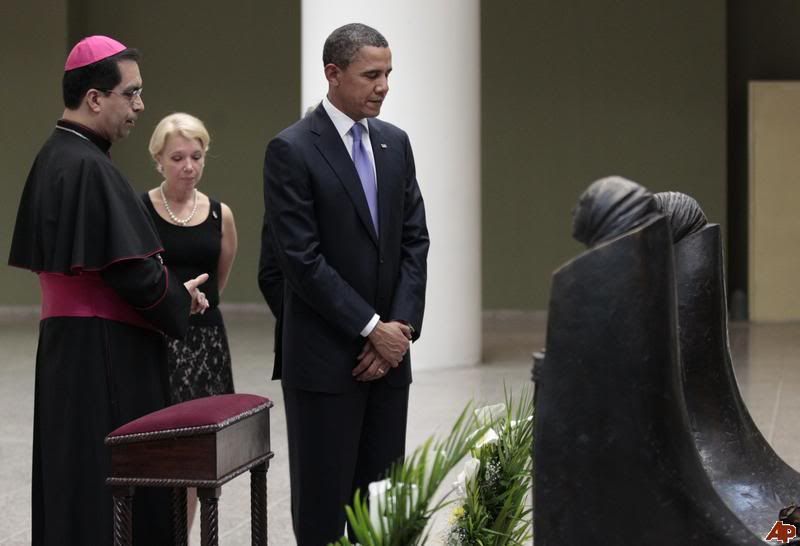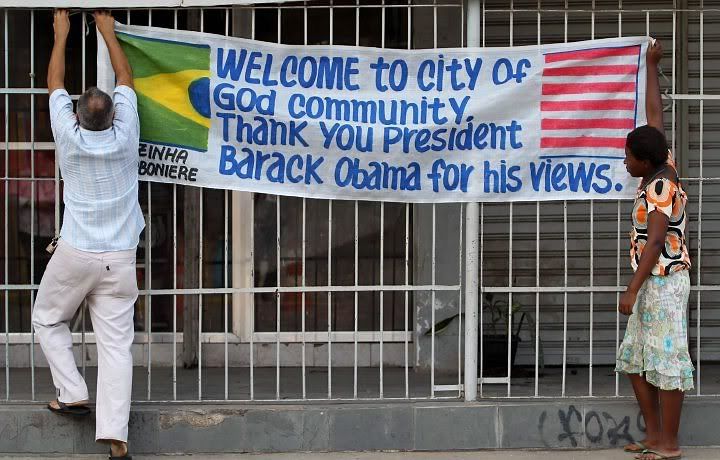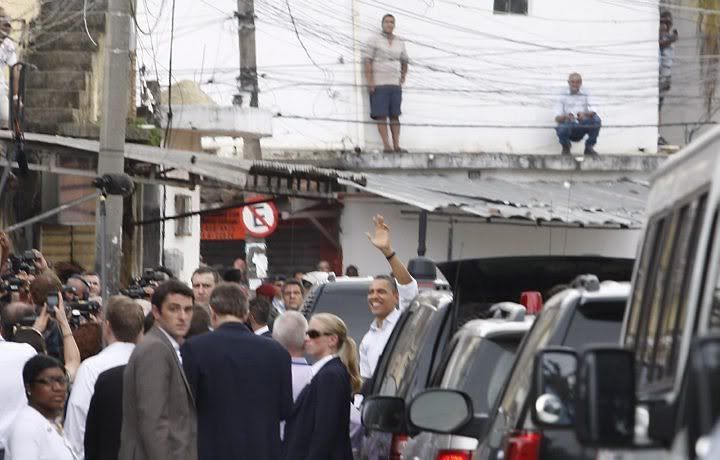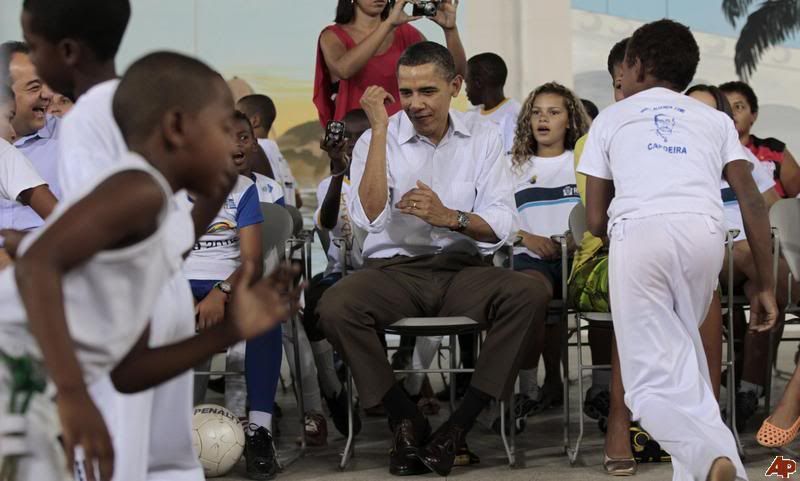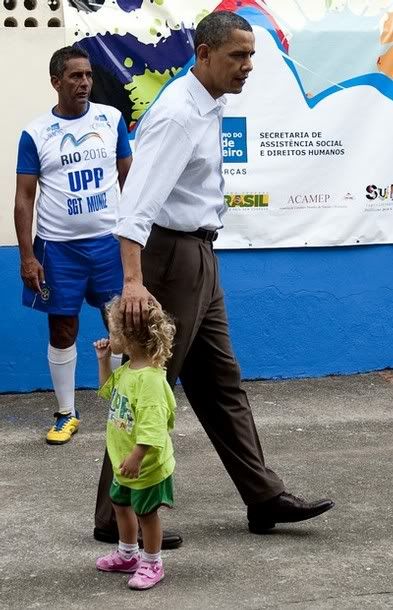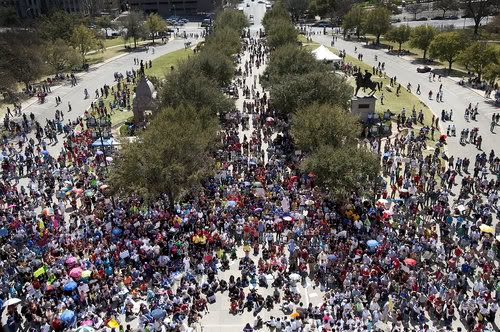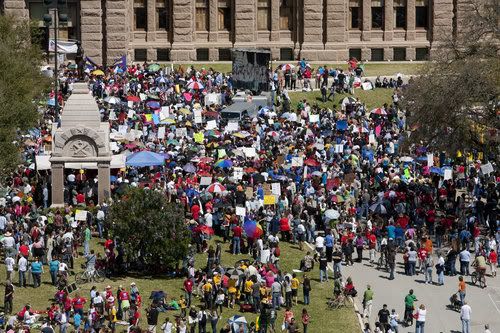In so many ways, I see myself in you all. And I want you to see yourselves in me...
- Michelle Obama, Ballou High School, March 30, 2011
Politicians are always finding ways to say things like "children are our future." Its a good line that makes everyone feel good. But when you look at how they spend their time and resources, it becomes just that...a line.
Perhaps I'm biased because I've spent my entire career working with young people. But I have this feeling that people who demonstrate - by their actions - a commitment to children (both their own and other people's children), are speaking volumes to us about their values. Barack and Michelle Obama have demonstrated this kind of commitment since day one in the White House.
Yesterday was such a day for Michelle Obama. In celebration of International Women's Day, she carried on a tradition she started when she first arrived at the White House - a day for successful women to inspire and mentor local Washington DC girls.
First, the women fanned out to visit area schools to tell their stories and talk with students. And then Michelle hosted a dinner at the White House for these guest mentors and 120 students.
Here are a few of Michelle's remarks from last night's dinner.
And their stories were possible because along the way, all of them –- every last one of them -– had someone in their lives who took the time to encourage them and to inspire them. None of us are here on our own -- someone who told them that they’re special, that they’re talented, that they have a place in this world and a whole lot to offer...
Faith and love and hard work, those are the things that got us all through. And that's really all you need. You don't need money. You don't need connections. You just need to work really hard and push yourselves and push beyond your fear, because fear is all a part of it. We have all felt fear. We’ve all felt doubt. But the question is, do you let that stop you, or do you keep pushing through?
But of course, pictures tell the story best.




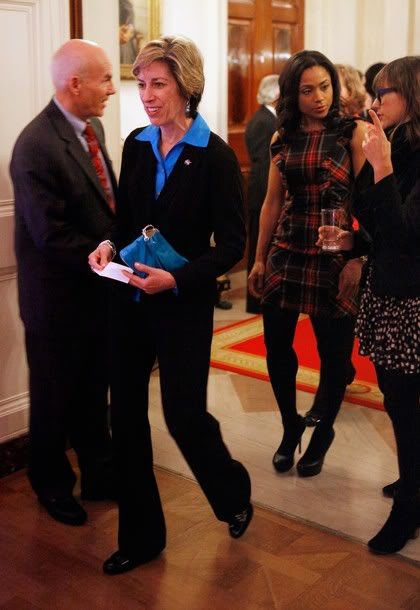
NASA Astronaut Ellen Ochoa, Olympic gold medalist Dominique Dawes and actress Rashida Jones

Actresses Geena Davis, Hilary Swank and Vanessa Minnillo

Former basketball player Lisa Leslie

Recording artist Ledisi

Grammy Award winning violinist Miri Ben-Ari
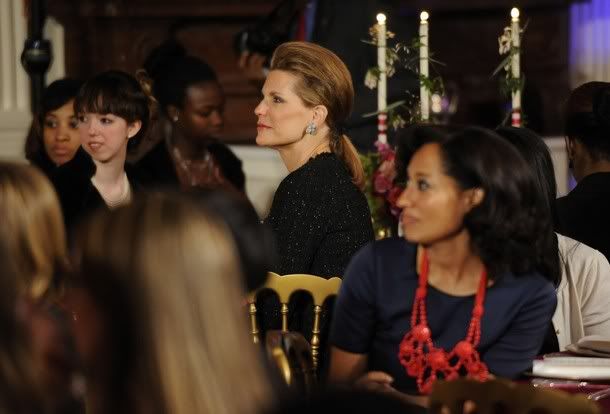
Nancy Brinker, founder and chief executive of Susan G. Komen for the Cure, and actress Tracee Ellis Ross
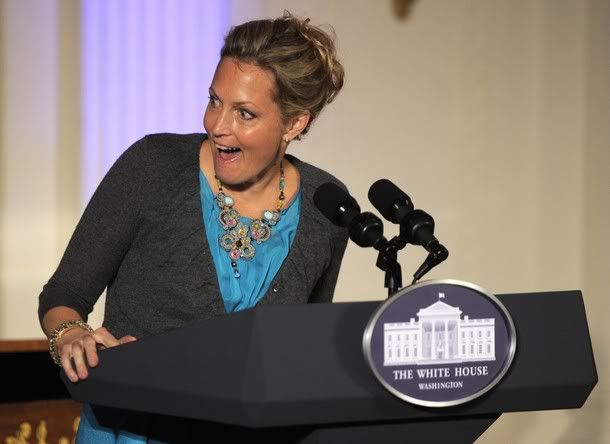
Actress and comedienne Ali Wentworth

>



